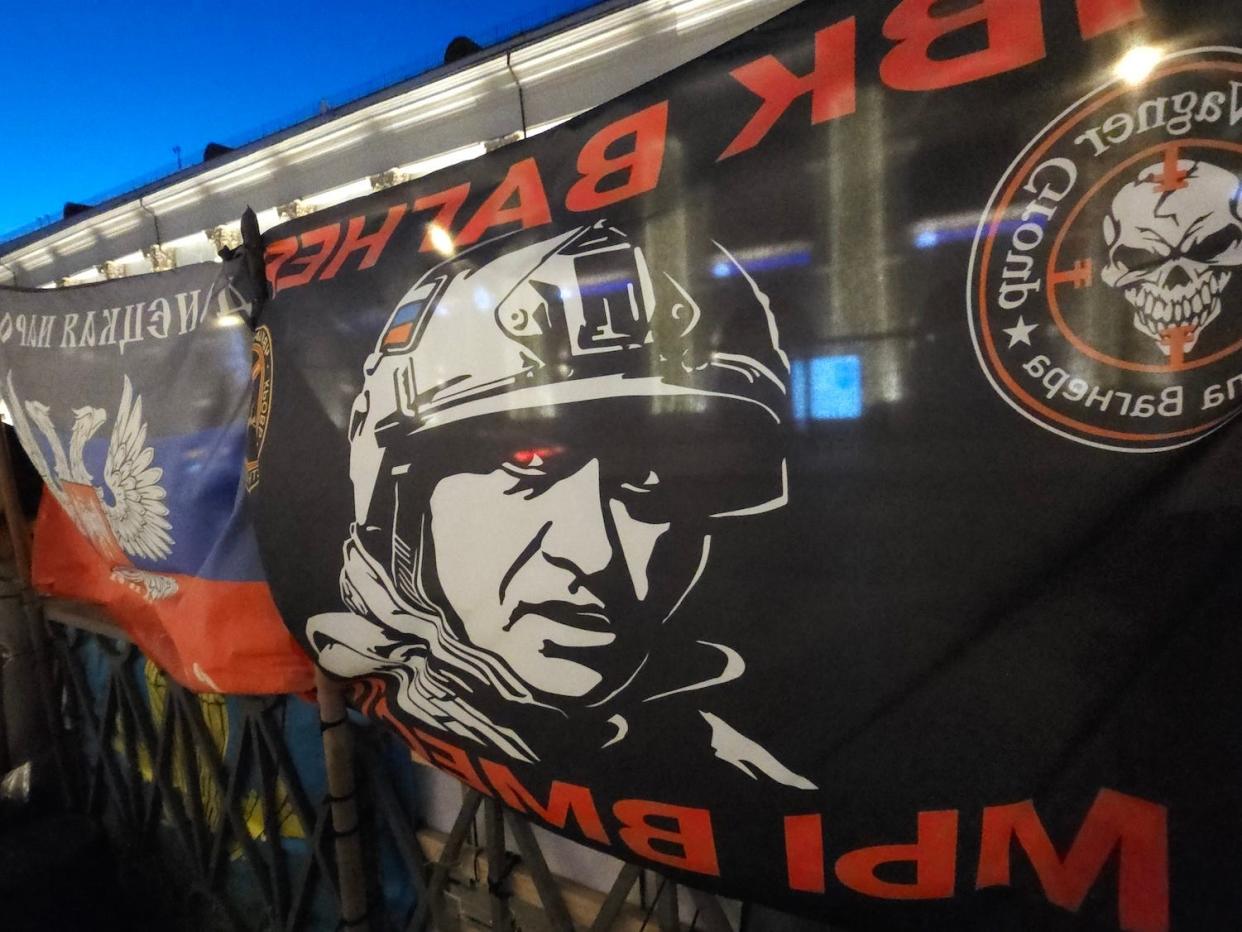Putin's Wagner Group Mercenaries Got Thrashed in the African Desert — and Ukraine Says It Helped
In a striking turn of events that underscores the increasingly complex geopolitical landscape, Ukraine has asserted its role in providing intelligence support to separatist rebels in Mali who successfully engaged Russian Wagner Group mercenaries in a recent clash. This development not only highlights Ukraine's determination to counter Russian influence beyond its borders, but also exposes the vulnerabilities faced by Wagner, a private military contractor that has bolstered authoritarian regimes across Africa.
The Context: Ukraine's Unexpected Allies
As the war in Ukraine continues to dominate headlines, the spotlight has now shifted to Africa, where the fallout of Russia's military outreach is being keenly felt. The Malian junta, which seized power in a coup in 2020 and has aligned itself closely with Wagner, has found itself facing growing opposition from separatist groups. These factions have exploited the vulnerabilities of Mali's military, particularly as the quality of Russian support has come into question amid emerging evidence of their battlefield challenges.
In a recent broadcast, Andriy Yusov, a spokesperson for Ukraine's Main Intelligence Directorate, disclosed that Ukrainian intelligence provided critical information to the separatist forces, aiding their efforts against Russian mercenaries. Although he refrained from elaborating on the exact nature of the support, the implications are profound: Ukraine is now actively countering Russian influence not just on its home front, but in remote theaters like the Sahara Desert.
Intelligence and Support
The recent battle near Tinzaouaten, in eastern Mali, was marked by a series of engagements between Wagner forces and a coalition of separatist groups, which included elements such as the Permanent Strategic Framework for Peace, Security and Development (CSP-PSD) and the Jihadi group Jamaat Nusrat al-Islam wal-Muslimin. Reports indicate that these rebels leveraged drone attacks, heavy artillery, and unconventional warfare tactics to engage the Wagner troops.
Wagner's forces reportedly began the engagement with support from Mali's military but faced dire circumstances when a sudden sandstorm unfolded, allowing separatist rebels to regroup and launch a more organized assault. This phase of the battle was decisive, leading to what social media channels linked to Wagner have termed as "major losses." Eyewitness accounts and conflicting reports place the losses at anywhere from 20 to 50 personnel among Wagner forces, including significant figures like commander Sergei Shevchenko and prominent propagandist Nikita Fedyanin.
The Wider Implications
The involvement of Ukrainian intelligence marks a significant evolutionary step in how conflicts in Africa intersect with the ongoing war in Ukraine. By positioning itself as a supporter of regional actors opposed to Russian mercenaries, Ukraine is not merely retaliating against the Kremlin’s aggression on its own soil, but is strategically expanding its sphere of resistance to include Russian operations in Africa.
The Malian junta, fronted by Colonel Assimi Goïta, maintains its grip on power through an alleged promise of protection and military support from the Wagner Group, which has deployed approximately 1,000 troops to assist in quelling internal dissent at an estimated cost of $10.9 million per month. This relationship remains precarious, especially after the death of Wagner's founder, Yevgeny Prigozhin, in a plane crash last year—an event that some analysts believe has prompted a reevaluation of Wagner's operational efficacy abroad.
However, as Ukraine’s intelligence operations reveal, the Wagner Group’s expansion may now be met with challenges that stem from a coordinated opposition fueled by tactical support from nations previously untouched by the direct ramifications of Russia’s military actions.
Conclusion
The unfolding conflict in Mali serves as a poignant reminder that the ramifications of geopolitical disputes extend far beyond their origins. With Ukraine's active participation in assisting anti-Wagner forces, the dynamics of warfare are shifting to a more international stage—one where the lines between ally and adversary blur. As civilians continue to suffer from the ongoing fallout of these military operations, the need for accountability and protection remains critical.
The recent success of the Malian rebels, with perceived assistance from Ukraine, not only enhances hope for opposition forces but raises significant questions about Russia's long-term viability in places where it has sought to establish control. Moving forward, all eyes will be on how these new alliances shape the future of global military engagement, particularly in regions like Africa where power struggles have historically been influenced by external interests.
